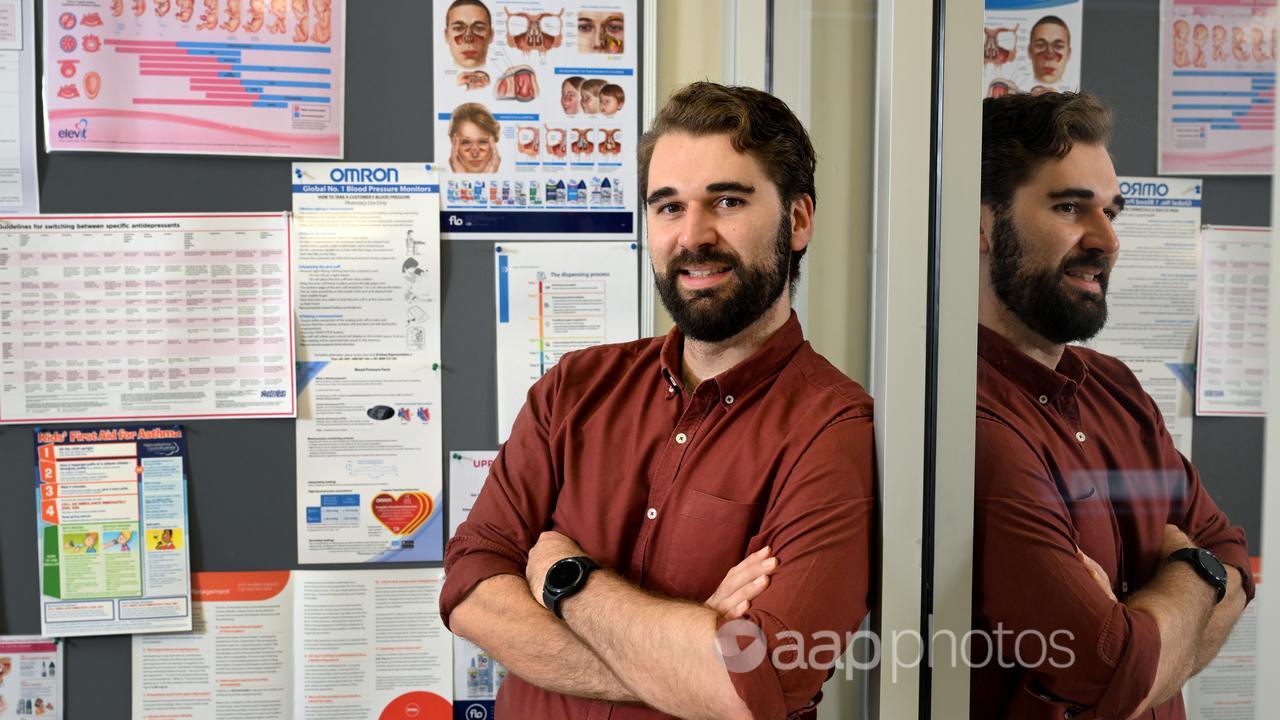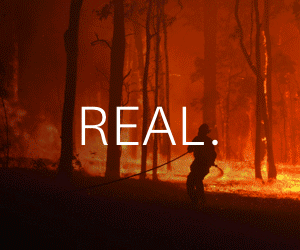Combining a love of chemistry with his passion for helping others, Jared Miles made the “obvious choice” when he took up pharmacy.
Aboriginal and Torres Strait Islander people are under-represented in the field, making up just 0.3 per cent of pharmacists, and it’s something the senior university lecturer and proud Yuwi man wants to change.
“The impact that particular health professionals can have out in community is massive,” Dr Miles told AAP.
“Having mob go out there and be those pharmacists and providing that care among communities is ideal.”
Dr Miles wasn’t expecting his career to lead him into teaching but after earning an honours degree in 2012, he returned to the University of Queensland to complete a PhD in 2021 and take up a role within the Bachelor of Pharmacy program.
It was his own experiences as a student that spurred his mission to get more Indigenous pharmacists into the field and make sure First Nations students felt supported and safe.
“When I was at university first studying pharmacy I didn’t know if there were any other Indigenous students around me at all,” he said.
“I didn’t see any direct mentors just available to me.
“It’s really nice to be able to fill that role now that I’m on the other side of that, being visible at the school, teaching pharmacy.”

Dr Miles is a recipient of UQ’s Indigenous Educator Award for Teaching Excellence for his work mentoring the next generation of Indigenous pharmacists.
He also undertook a restructure of the uni’s Bachelor of Pharmacy program, developing a blended teaching approach that has replaced traditional lectures with interactive activities.
“I wanted to develop a model that allowed our students to easily apply the core concepts to the real world,” he said.
“Using online videos, quizzes and other interactive activities to teach the core concepts allows for the students to engage with them in their own time and creates a more attractive learning experience.
“When they get into the face-to-face element of the class, it’s then taught in a seminar format where we can discuss how the science can be applied in a real-life pharmacy setting.”
When Dr Miles started teaching, there were four students enrolled in pharmacy who identified as Aboriginal or Torres Strait Islander. Now there are nine and a hope that numbers will continue to grow.
“I think there’s amazing things that can happen in the space,” he said.
“But as pharmacists get more and more roles I think representation will be even more important because you’ll have more and more impact on people’s health.”
According the Institute of Health and Welfare, there were 18,062 Indigenous higher education students overall in 2018, making up 1.8 per cent of Australia’s tertiary education population.
The number commencing in higher education more than doubled, from 3624 students in 1996 to 7273 in 2018.




















